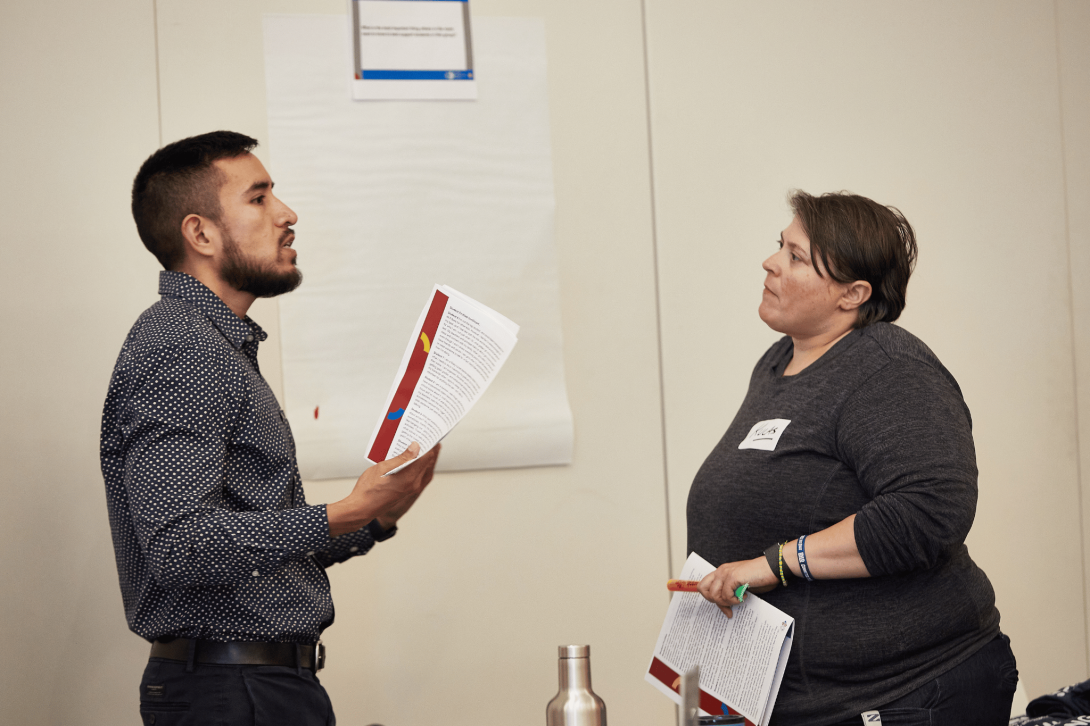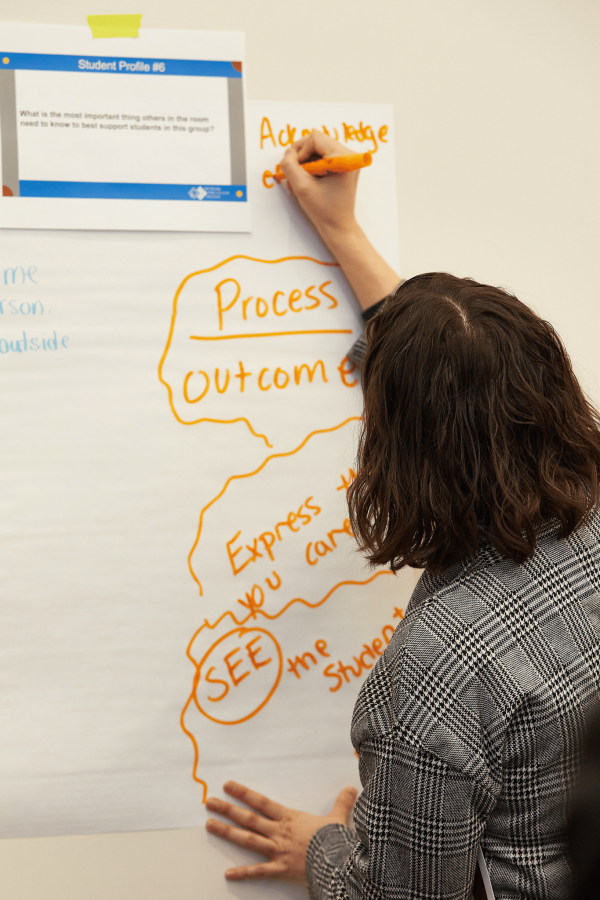Published on Jul 31, 2023
As high school educators and district leaders, it is crucial to approach the summer break with intentionality. This period presents a valuable opportunity to focus on personal growth, recharging, and preparing for the upcoming school year.
By dedicating time to our own development and well-being, we can better serve our students and create transformative learning environments. In this blog, we will explore various ways to engage in a summer of learning, enrichment, and rest.
Dive into Research and Expand Your Knowledge
To deepen your understanding of core research and effectively support your students, consider the following recommended readings when preparing for the upcoming school year.
What Matters for Staying On-Track and Graduating in Chicago Public Schools report: This comprehensive report examines the research findings that led to the On-Track movement in Chicago, resulting in significant improvements in graduation rates. By digging into these foundational insights, you can align your practices to better foster student success.
Capacity Building Model paper: This paper provides a comprehensive overview of the UChicago Network for College Success (NCS) model, offering insights into building school-level capacity for improvement. By examining the Freshman On-Track program, you can gain valuable strategies to enhance student success and engagement.
Foundations for Young Adult Success: A Developmental Framework: This report explores the developmental needs of young people from preschool to young adulthood. It also delves into aspects such as fostering healthy relationships, college and career readiness, civic engagement, and wise decision-making.
Hidden Risk report: The Hidden Risk report provides updated metrics for monitoring student success in 9th grade. Its annotated bibliography reviews extensive research on the relationship between 9th-grade experiences and end-of-high-school outcomes. This resource also explores the relationships between failures in ninth-grade core and non-core courses, credit accumulation, and high school graduation.
Embrace Learning Opportunities
There are numerous professional learning options available to high school educators and district leaders this summer. We invite you to learn more about each opportunity below.
GRAD Partnership Events: The GRAD Partnership is a collaborative effort of nine national education organizations, including NCS, coming together to advance student success. The partnership frequently hosts events that promote evidence-based Student Success Systems. Explore their website to find valuable resources and attend events focused on improving student outcomes in high school and beyond.
To & Through Project virtual events: Attend these events designed for education leaders and partners to access new research findings and gain insights into supporting under-resourced high school students. You will have the opportunity to collaborate with professionals from various sectors and share effective strategies.
Equity in the Center Trainings: These partner trainings aim to promote race equity and cultivate a Race Equity Culture within educational systems. Engaging in these workshops will equip you with strategies to create an inclusive and equitable learning environment.
Search Institute Workshops: These workshops focus on strengthening your skills to create relational spaces for high school students. You will learn frameworks for engaging your community in students' growth and discover how investing in relationships fosters their overall well-being and success.
Next summer, check out our professional learning offerings such as our Leading PLCs and Equity-Based Leadership workshops, which delve into critical components of our work.
Image

(Octavio Casas, Transformation Coach at NCS, discusses with an educator at an NCS professional learning space.)
Prioritize Your Mental and Physical Well-Being
Taking care of yourself is essential to being an effective high school educator or district leader. Consider the following practices and tips to prioritize your mental and physical health during the summer break:
Establish a Self-Care Routine: Cultivate mindfulness by engaging in practices such as meditation, deep breathing exercises, or engaging in your favorite hobbies. These techniques can help reduce stress, increase focus and clarity, and promote overall well-being.
Engage in Physical Activity: Incorporate regular exercise into your routine. Participating in physical activity not only improves your physical health but also has numerous benefits for your mental well-being. Choose activities that you enjoy, such as walking, jogging, or dancing.
